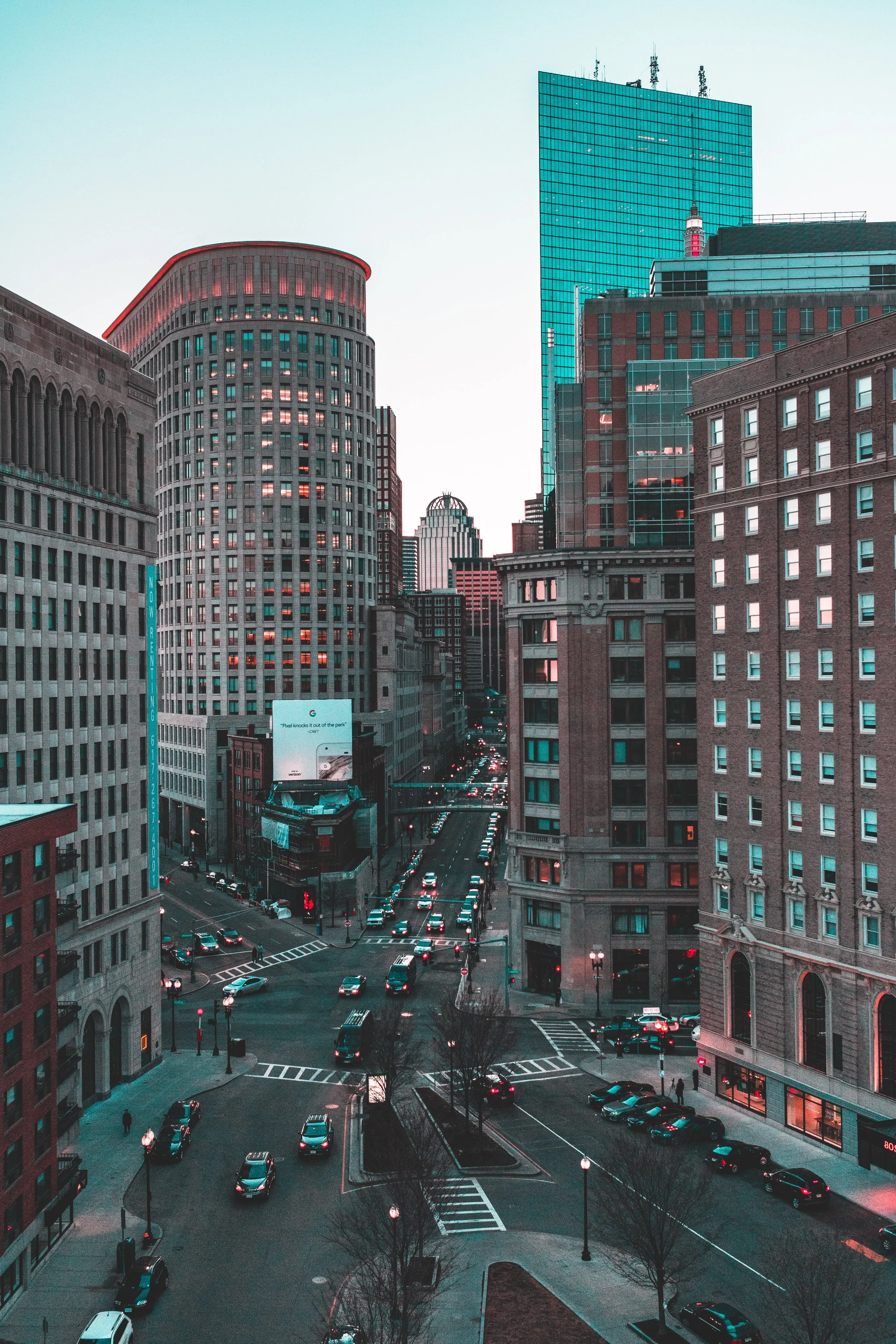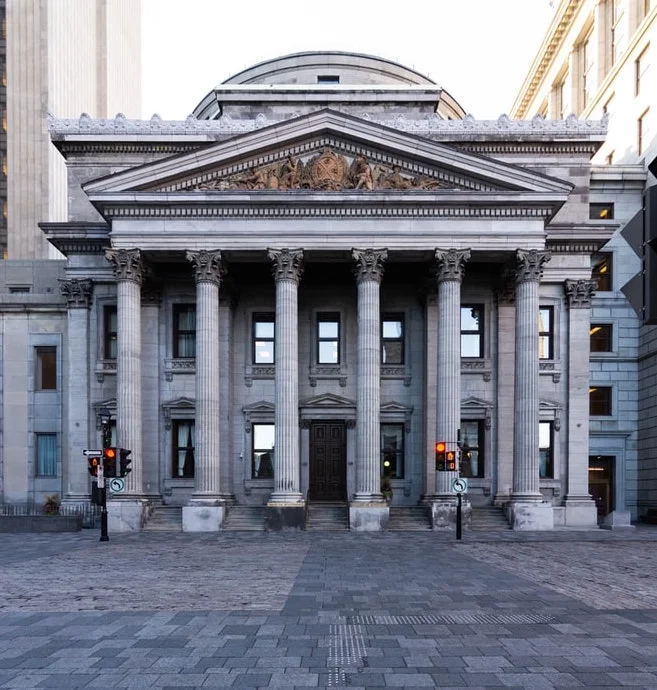When its only supermarket pulled out, a neighborhood suddenly found themselves living in a “food desert.” Could it end up being a blessing in disguise?
Read MoreThe Strong Towns message is making a difference—perhaps especially with the up-and-coming generation of professionals whose work will shape our built environment. Find out how from these members who are current planning, civil engineering, and public policy students.
Read MoreKansas City has more freeway lane miles per capita than any other city in the country…and possibly the world. Can a city so devoted to edge development for the last 60 years pursue a more fiscally responsible approach to development? There are reasons to be hopeful.
Read MoreMedina, Washington is struggling to pay its bills. How can this be? And what does it mean for towns and cities that don’t have the two richest people in the world living there?
Read MoreSpoiler: it doesn’t look like more police stations, more top-down programs, or more incarceration.
Read MoreWe need each other. Whether we live in a small town, dense city, or sprawling suburb, we can’t do life alone…or at least not well. How do we resist fragmentation and find the wholeness and community we need to really thrive?
Read MoreMelody Warnick has written an essential book on the topic of place attachment, the bond that can be cultivated between a person and his or her community. She joined us for a special Celebrity Ask Strong Towns, where you got to ask your questions. Here’s a video of that conversation.
Read MoreAtlanta is one of the fastest gentrifying cities in the country. King Williams, an Atlanta-based writer and documentary filmmaker, describes what makes that city’s experience with gentrification unique, why gentrification is avoidable, and why Atlanta’s middle-class is now facing displacement too.
Read MoreNew York’s newest BRT line is being called the “Miracle on 14th Street.” But why is it so miraculous?
Read MoreOne of our heroes here at Strong Towns has helped pioneer a simple but powerful process for building neighborhood wealth and strengthening community ties. This approach is absolutely transforming his city of Oswego, New York. We think you should copy it.
Read MoreThink small acts of neighborliness mean nothing more than signs of a welcoming neighborhood? Discover how Strong Towns contributor Steve MacDouell introduced “micro-neighborliness” to shift the morale of residents in neighborhoods across London, Ontario.
Read MoreBuilding stronger towns isn’t just about planning, engineering and development. We need to address questions about cultivating rich and abundant lives in our neighborhoods. How do we live out our values when so much of the built environment seems to be working against us?
Read MoreStrong Towns believes towns need to be obsessive about their revenues. But does that really mean building more revenue-generating prison centers?
Read MoreVisit the Hyde Park neighborhood in South Los Angeles and you’ll find the usual culprits of a food desert, such as fast-food chains and gas stations. But enter Kelli Jackson’s corner store—Hank’s Mini Market—and you’ll discover how cities can address food deserts without forgoing future tax revenue.
Read MoreJames Howard Kunstler discusses why people are afraid of change, why technology won’t save us, and how to live well (by living small) amidst “the Long Emergency.”
Read MoreThink tanks and government agencies aren’t solving our housing crisis nearly as fast as our cities need. Should we let the public have a shot—and give the person with the winning idea a big prize if they can make a dent?
Read MoreSalvador “Sal” Galdamez—founder and president of nonprofit York XL—shares how you can bring your neighbors together around bottom-up action to create more prosperous, healthy, and empowered neighborhoods.
Read MoreOur economic system prizes growth above all. This has created a looming disaster, at both the local and national levels. How did we get here? And is there an alternative?
Read MoreHint: even if you get a road for free, you still have to pay to maintain it.
Read MoreCary Westerbeck—Strong Towns member and Founder of Bothellites for People-Oriented Places (Bo-POP)—shares how you can create people-oriented places in your own community, including how to educate people about people-oriented places, how these places create more financially resilient places, and how you can demonstrate your vision.




















